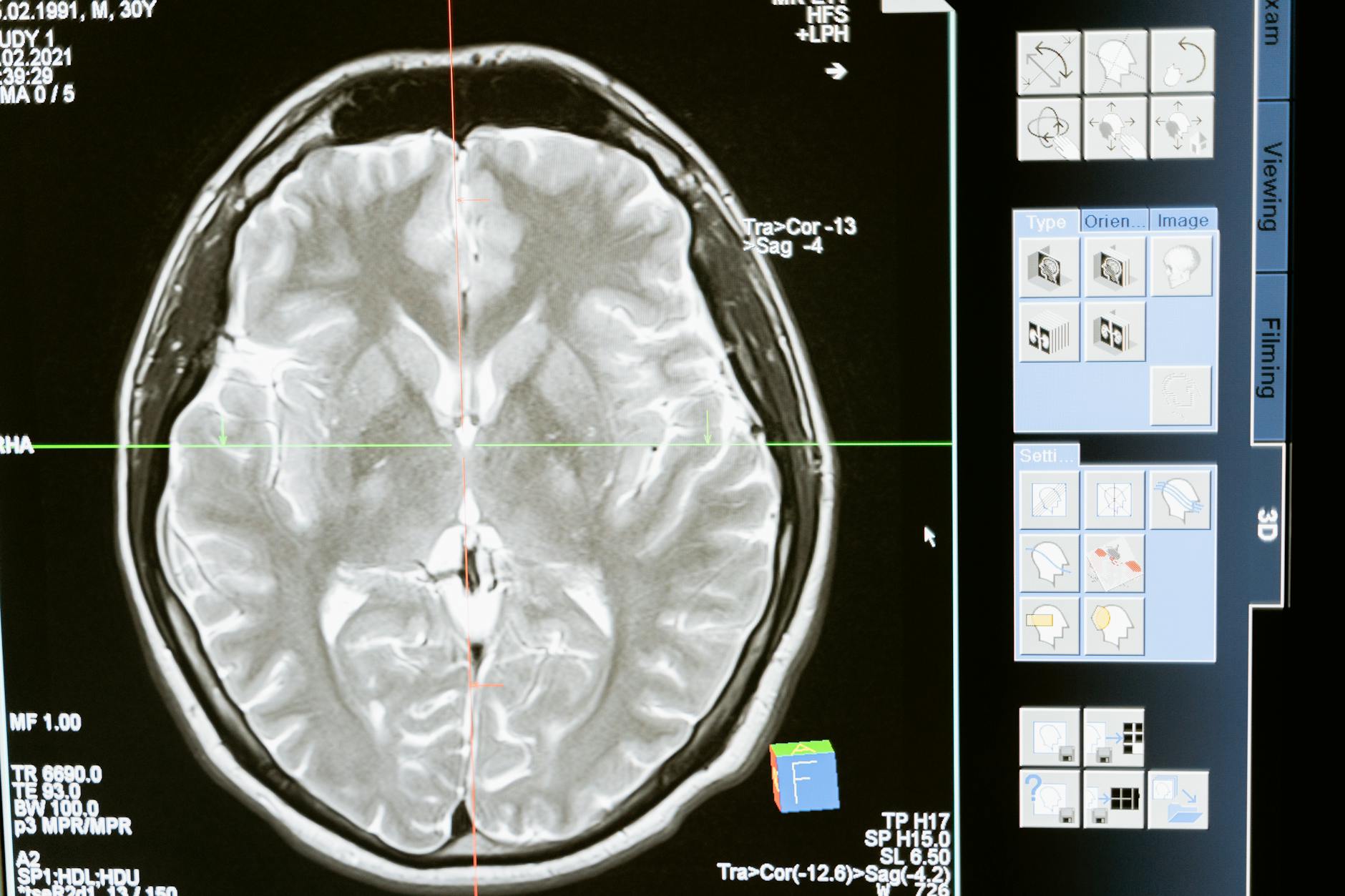Uncover the secrets behind addiction and what drives consumption. Explore the science and factors that push us beyond our limits.
Table of Contents
Substance consumption is a complex topic that raises the question: how much is too much? Understanding the science behind addiction and the factors influencing consumption is crucial for managing and preventing substance use disorders. In this blog post, we will delve into the various aspects of substance consumption, metabolism, individual tolerance, and addiction.
Factors Influencing Addiction
When it comes to addiction, there are several factors at play. Genetics, environment, and mental health all play a role in determining an individual’s susceptibility to addiction. Genetic predispositions can make some individuals more vulnerable to developing substance use disorders, while environmental factors such as peer influence, trauma, and access to substances can also impact Addiction risk.
Additionally, mental health conditions such as depression, anxiety, and trauma can contribute to substance use as individuals may turn to substances as a coping mechanism. Understanding these factors and how they interact is essential for addressing addiction and providing effective treatment.
Science Behind Substance Consumption
Substances affect the body in different ways, with each substance having its own metabolism and impact on the brain and body. Alcohol, nicotine, and drugs all have unique effects, leading to both short-term and long-term consequences for the individual.
Alcohol, for example, is metabolized in the liver and can impair cognitive function and motor skills. Nicotine, found in tobacco products, acts on the brain’s reward system, leading to addiction and withdrawal symptoms. Drugs, such as opioids or stimulants, can have profound effects on neurotransmitter levels, leading to addiction and changes in brain structure.
Understanding the science behind substance consumption can help individuals make informed decisions about their consumption levels and seek help when needed to prevent addiction.
Managing Consumption and Addiction
Managing substance consumption and addiction involves self-awareness, monitoring, and seeking help when necessary. Individuals should assess their own consumption levels and be mindful of any warning signs of addiction, such as cravings, tolerance, and withdrawal symptoms.
It is important to seek support from healthcare professionals, counselors, or support groups if struggling with substance use. Treatment options, such as therapy, medication-assisted treatment, and support groups, can help individuals overcome addiction and learn healthy coping mechanisms.
By being proactive and seeking help early, individuals can effectively manage their substance use and prevent addiction from taking hold.
Conclusion
Substance consumption is a multifaceted issue that requires a nuanced understanding of metabolism, individual tolerance, and addiction. By exploring the science behind substance consumption and the factors influencing addiction, individuals can make informed choices about their consumption levels and seek help when needed.
Managing consumption and addiction involves self-awareness, monitoring, and seeking support from healthcare professionals and support networks. By taking proactive steps to address substance use, individuals can prevent addiction and lead healthier, more fulfilling lives.
It is important to continue educating ourselves about substance consumption and addiction, and to support those who may be struggling. Together, we can work towards a healthier, more informed approach to substance use and addiction.
FAQ
Question 1:
Answer 1: Factors influencing addiction include genetics, environment, and mental health. Genetics can make individuals more vulnerable, while environmental factors like peer influence and access to substances also play a role.
Question 2:
Answer 2: Substances impact the body differently, with alcohol affecting cognitive function, nicotine acting on the brain’s reward system, and drugs altering neurotransmitter levels and brain structure.
Question 3:
Answer 3: Managing substance consumption involves self-awareness, monitoring for warning signs of addiction, and seeking help from healthcare professionals or support groups for treatment.
Question 4:
Answer 4: By being proactive in seeking help early on, individuals can effectively manage their substance use, prevent addiction, and lead healthier, more fulfilling lives through therapy, medication-assisted treatment, and healthy coping mechanisms.


Leave a Reply